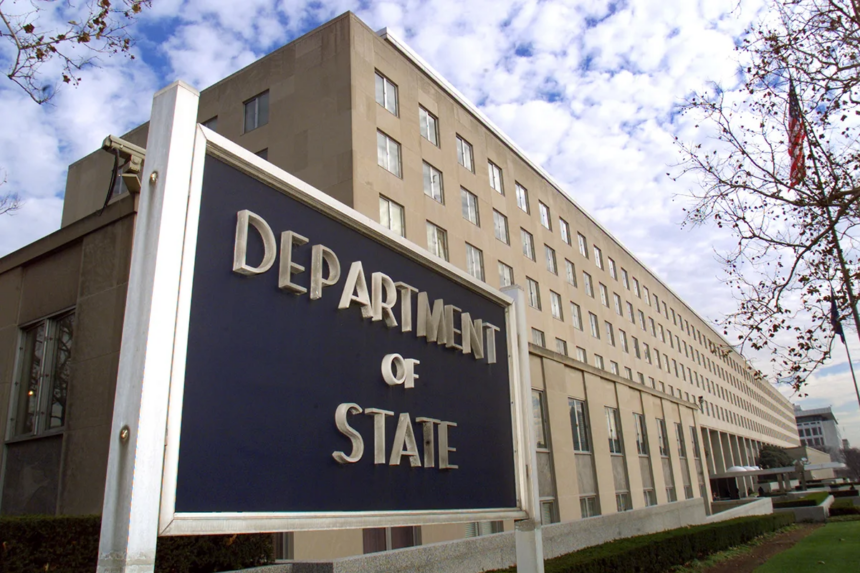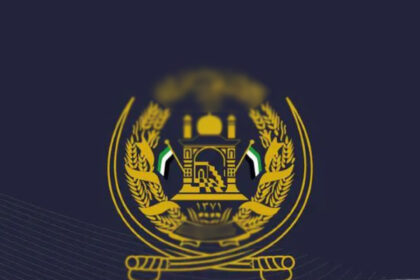RASC News Agency: The U.S. State Department has issued a renewed and urgent travel advisory, warning American citizens against visiting Afghanistan, citing the country’s deteriorating security, rampant human rights violations, and pervasive instability under Taliban rule. Despite this clear warning, the U.S. Department of Homeland Security (DHS) has released a sharply contradictory statement suggesting that Afghanistan’s security and economic conditions are improving an assertion that has provoked widespread concern among human rights advocates and foreign policy analysts. In its official communique, the State Department emphasized that Afghanistan remains profoundly unsafe, particularly for U.S. nationals and those affiliated with Western institutions. The advisory points to risks such as kidnappings, arbitrary detention, terrorism, and the total absence of consular assistance in a country where the Taliban continues to operate with impunity and without international recognition.
Conversely, a DHS bulletin presented a strikingly optimistic portrayal of Afghanistan, claiming a resurgence in tourism and economic activity. The report went so far as to suggest that Afghanistan’s internal security has improved and that returning Afghanistani refugees face no “immediate danger” a claim sharply at odds with both independent assessments and ground realities. According to the DHS, anecdotal evidence from tourists many of whom have posted picturesque images of remote landscapes and cultural heritage sites demonstrates a supposed renaissance in Afghanistani tourism. The bulletin also cited improvements such as a 72% decrease in improvised explosive device (IED) attacks over the past year, a drop in humanitarian need from 29 million to 23.7 million people, and a 2.7% increase in gross domestic product. Most notably, the DHS boasted a staggering 913% rise in tourism since the U.S. troop withdrawal.
Yet these figures presented without adequate context represent a deeply misleading narrative, one that dangerously overshadows the Taliban’s draconian governance and the suffering of millions, particularly women, ethnic minorities, former civil servants, and journalists. The U.S. Institute of Peace (USIP), which the DHS selectively referenced in its report, offered a far more sobering assessment. In its analysis, the USIP warned that the current semblance of calm is merely a deceptive façade masking the systemic repression and gender-based apartheid imposed by the Taliban regime. Among the regime’s most egregious violations are:
The complete ban on girls’ education beyond the sixth grade. The systematic exclusion of women from the workforce, public life, and humanitarian roles.
The widespread use of public flogging, arbitrary detentions, and forced disappearances.
The eradication of civil society, media independence, and the right to peaceful assembly.
These practices routinely condemned by the United Nations and international watchdogs have created an environment of institutionalized fear and oppression that defies the DHS’s glowing portrayal. Human rights experts have also expressed deep alarm at reports that the DHS’s optimistic tone may be intended to pave the way for the revocation of Temporary Protected Status (TPS) for approximately 12,000 Afghanistani refugees currently residing in the United States. Sending them back to a country under Taliban control, critics argue, is tantamount to deporting individuals to a regime that systematically targets dissent and enforces ideological subjugation. Scott Worden, Director of Afghanistan and Central Asia Programs at the U.S. Institute of Peace, was unequivocal: “The relative safety enjoyed by a handful of foreign tourists is a luxury that Afghanistani civilians especially those associated with Western entities simply do not share. Many face persecution, imprisonment, or worse upon return.”
Worden further warned that China’s growing support for the Taliban regime is enabling it to consolidate power, increasing the risks faced by returnees. “This shifting geopolitical alignment makes Afghanistan even more perilous for former allies of the West,” he said. Despite these grave realities, DHS Secretary Kristi Noem stated that Afghanistan’s internal environment no longer poses a “direct threat” to returnees. Her remarks have been met with disbelief and anger by human rights advocates, who argue that her comments dangerously underplay the severity of Taliban rule and whitewash the regime’s crimes. Meanwhile, the U.S. State Department remains unequivocal in its stance. The travel advisory urges American citizens to refrain from visiting Afghanistan and to treat all security warnings with the utmost seriousness. The department reiterated that the Taliban remains unrecognized by the U.S. government and that any travel to the country entails extraordinary personal risk.
In a time when contradictory messages emanate from within the same administration, clarity and consistency are vital not only for American travelers, but more crucially, for thousands of vulnerable Afghanistanis who may soon be forced to return to a homeland that no longer welcomes them. To frame Afghanistan as a nation recovering under Taliban rule is not just inaccurate it is an act of political denial that risks legitimizing one of the world’s most oppressive regimes.






